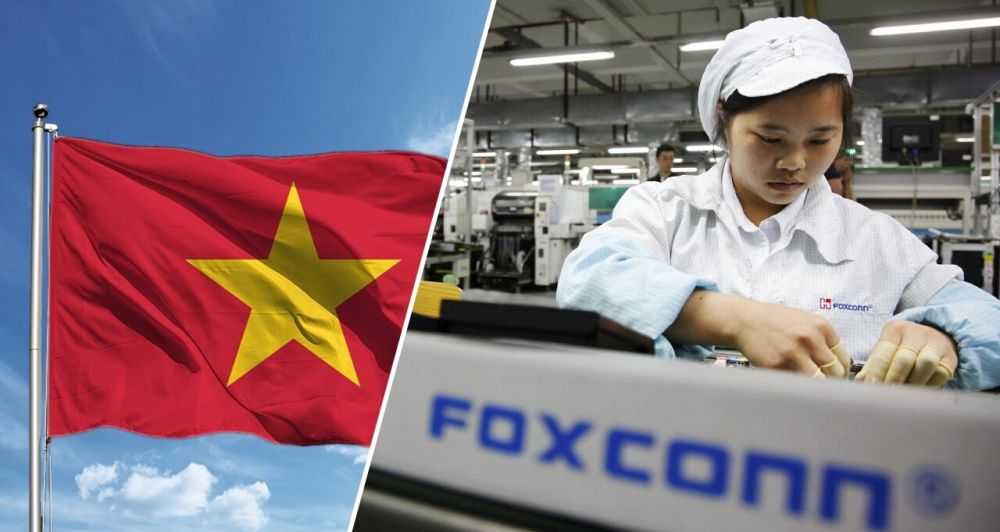
Viet Nam and the Southeast Asian region find ways to rise despite the difficulties
Latest
 |
| In 2021, despite being hard hit by Covid-19, FDI inflows into the country still reached 31.15 billion USD, up 9.2% compared to 2020. (Photo: Somag) |
Viet Nam and the Southeast Asian region have managed to maintain economic stability and growth despite Covid-19 and the Russia-Ukraine conflict, according to experts.
In the context of global disruption due to China’s border closure to pursue its “Zero COVID” policy, many semi-conductor producers have switched their operations to Southeast Asia to ease shortages.
Last year, chip producer GlobalFoundries announced an investment of about 4 billion USD in a Singapore-based factory, while Intel said it planned to pour more than 7 billion USD into a chip factory in Penang, Malaysia.
Foxconn Technology Group from Taiwan (China), a supplier of Apple, is building a 270 million USD factory to manufacture and process laptops and tablets near Hanoi, Vietnam.
With global supply chain adjustments, Viet Nam boasts the advantages needed to tap into opportunities from the supply chain shift. In 2020, Viet Nam received a significant portion of the investment shift wave from China. In 2021, despite being hard hit by Covid-19, FDI inflows into the country still reached 31.15 billion USD, up 9.2% compared to 2020.
Rajiv Biswas, Executive Director and Asia-Pacific Chief Economist from S&P Global, said that Southeast Asia is an important part of the global manufacturing supply chain, especially for the electronics industry. Due to supply chain disruptions and severe delivery delays for key components in the global electronics industry during the pandemic outbreak, electronics companies are increasingly diversifying supply chains to Southeast Asia.
Mick Aw, senior adviser at Moore Stephens, said that Southeast Asian countries are increasingly playing a more important role in the global supply chain as businesses move away from China after the pandemic.
For Viet Nam, the Central Institute for Economic Management (CIEM) gave two scenarios for economic growth in 2022. Accordingly, in the brighter scenario, CIEM forecast that Viet Nam's economic growth in 2022 can reach 6.9%, relatively high compared to the base scenario of 6.7%. With this scenario, the growth rate in 2022 is close to the 7% the Government has set for this year.
Regarding solutions for the last six months of 2022, CIEM Director Tran Thi Hong Minh said that CIEM has proposed speeding up reforms even in the context of economic recovery, aiming to reduce pressure on inflation and create new space for businesses to develop.





















